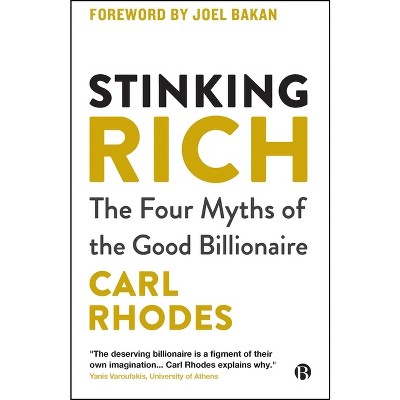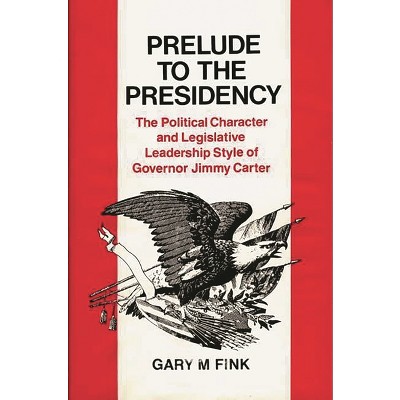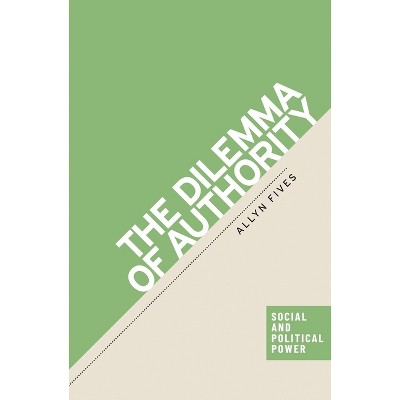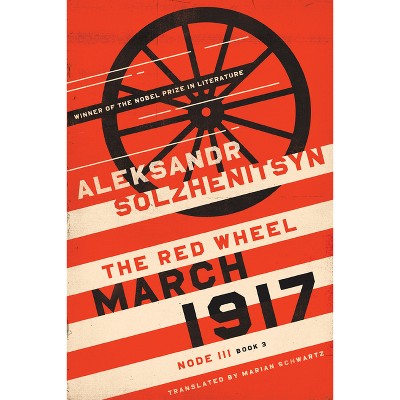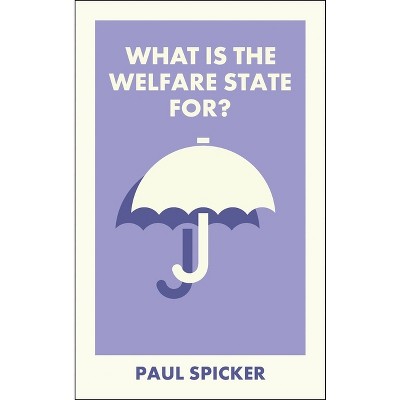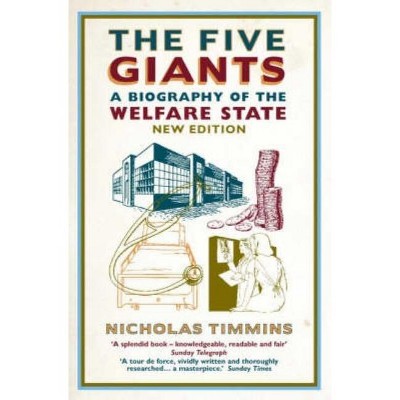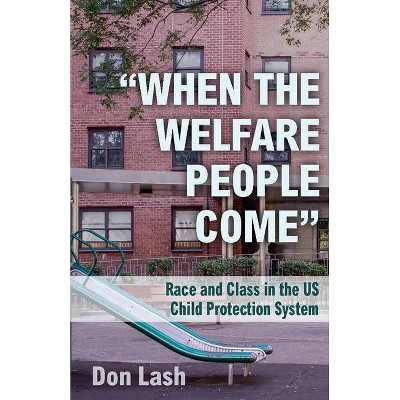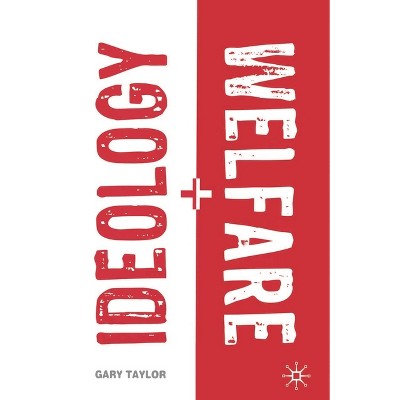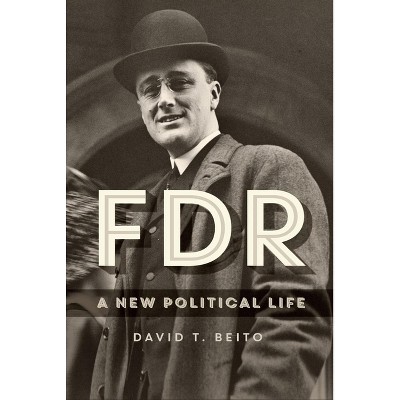Sponsored

From Mutual Aid to the Welfare State - by David T Beito (Paperback)
In Stock
Sponsored
About this item
Highlights
- During the late nineteenth and early twentieth centuries, more Americans belonged to fraternal societies than to any other kind of voluntary association, with the possible exception of churches.
- About the Author: David T. Beito is assistant professor of history at the University of Alabama in Tuscaloosa.
- 336 Pages
- Political Science, Public Policy
Description
About the Book
From Mutual Aid to the Welfare State: Fraternal Societies and Social Services, 1890-1967Book Synopsis
During the late nineteenth and early twentieth centuries, more Americans belonged to fraternal societies than to any other kind of voluntary association, with the possible exception of churches. Despite the stereotypical image of the lodge as the exclusive domain of white men, fraternalism cut across race, class, and gender lines to include women, African Americans, and immigrants. Exploring the history and impact of fraternal societies in the United States, David Beito uncovers the vital importance they had in the social and fiscal lives of millions of American families.
Much more than a means of addressing deep-seated cultural, psychological, and gender needs, fraternal societies gave Americans a way to provide themselves with social-welfare services that would otherwise have been inaccessible, Beito argues. In addition to creating vast social and mutual aid networks among the poor and in the working class, they made affordable life and health insurance available to their members and established hospitals, orphanages, and homes for the elderly. Fraternal societies continued their commitment to mutual aid even into the early years of the Great Depression, Beito says, but changing cultural attitudes and the expanding welfare state eventually propelled their decline.
Review Quotes
"From Mutual Aid to the Welfare State speaks not only to concerns held by historians from a variety of subfields but also addresses a number of key debates at the forefront of contemporary public discourse." -- Elisabeth Lasch-Quinn, Syracuse University
"[A] useful study." -- Journal of American History
"[Beito] convincingly argues that fraternal organizations embodied values that appealed to a broad range of Americans across lines of race, class, gender, and ethnicity." -- American Historical Review
"A constellation of fascinating stories about the fraternal societies of ordinary Americans. . . . Beito's excellent study sheds light on an important yet neglected part of the social past. . . . It has insights especially for sociologists interested in social movements, voluntary organizations, social work, empowerment, and American social history." -- American Journal of Sociology
"A wonderful book. . . . Beito ends by noting, 'The opportunities for further scholarship are almost endless.' If readers are lucky, he is hard at work exploring them." -- Harvard Business History Review
"Beito has obviously done a great deal of extensive, primary research, opening a new way to examine the history of fraternal organizations." -- CHOICE
"Beito's history is fascinating and instructive in itself, but it is also well-presented, mercifully free of the jargon and trendy obsessions that make most academic social history such a chore to read." -- Wall Street Journal
"The most comprehensive work to date on American fraternal societies." -- Journal of Southern History
"David Beito's new book is an original, highly readable contribution to at least two lively scholarly debates -- one on the evolution of social welfare provision and the second on the history of civic associations and social capital. His masterful and provocative account of the history of fraternalism embodies lessons of interest to anyone concerned about the vitality of community solidarity in contemporary America." -- Robert D. Putnam, Harvard University
"In his fascinating [book] . . . Beito tells the remarkable story of fraternal organizations -- all those Masons, Moose, Oddfellows, Woodmen, and so forth -- as mutual benefit societies that enabled vast numbers of Americans to safeguard their families without the stigma of charity or the snare of long-term dependence. . . . [He also] has captured one of the most important ways lodges [lifted] people up, which was to give them a shield against destitution and dependency -- a shield of their own making and control." -- ##The Washington Monthly#
About the Author
David T. Beito is assistant professor of history at the University of Alabama in Tuscaloosa.